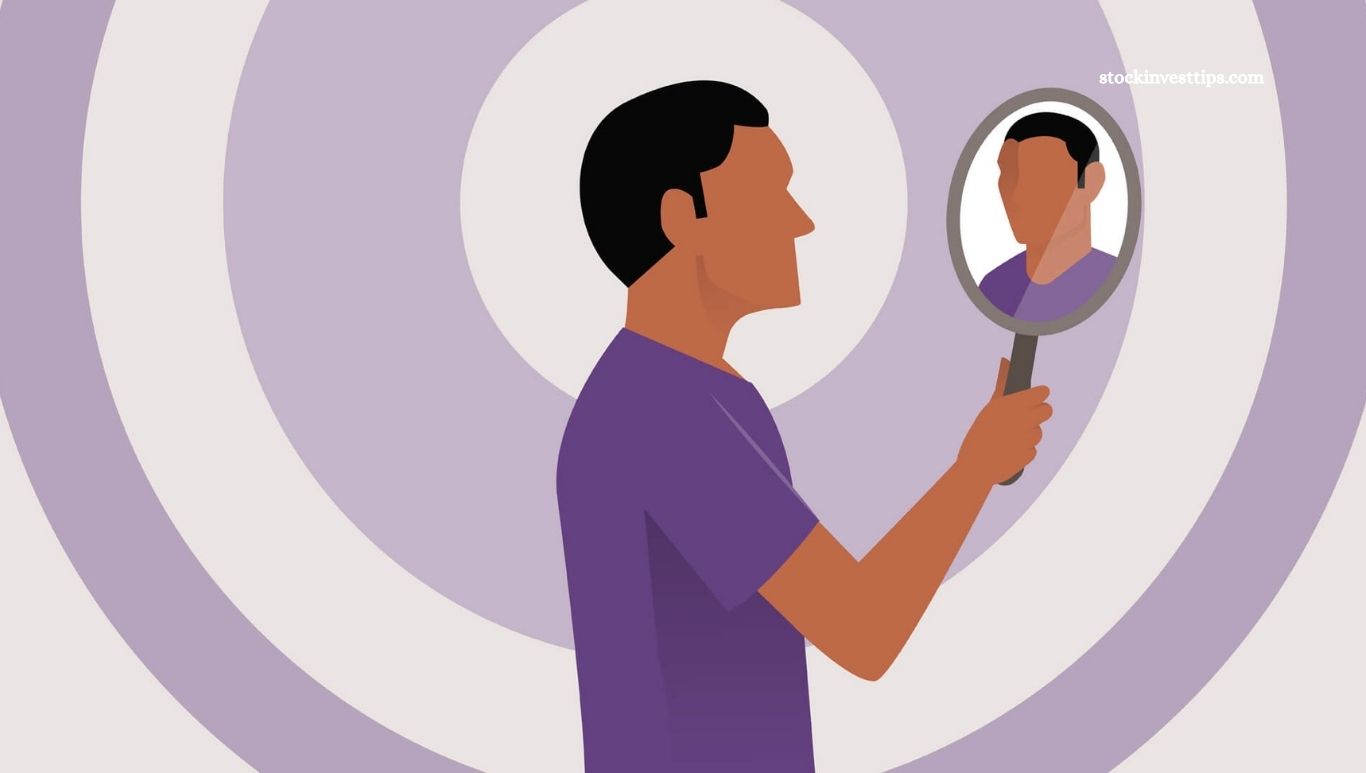Personal growth starts with self-awareness—understanding your strengths, weaknesses, interests, and opportunities. As a foundational emotional skill for effective leadership, self-awareness is essential for meaningful improvement.
Before setting goals like OKRs, reflect on where you’ve been and where you are now. Your current progress reflects past choices, so growth requires recognizing your starting point and capabilities to chart a clear new path.
Read More: Using and Setting Up the MACD Indicator
Learning builds on prior knowledge; each lesson connects to the last to fuel ongoing development. In today’s volatile, uncertain, complex, and ambiguous (VUCA) world, many lack clear direction, causing energy to scatter without focus.
Finding yourself and your direction is crucial to unlocking your potential. Knowing your current position and destination helps prevent getting lost—and tools like OKR software can track this journey effectively.
This process can feel like a catch-22: you need self-awareness to grow, but growth is necessary to deepen self-awareness. Many struggle to break this cycle and don’t know where to begin their growth journey.
How people use self-awareness for life choices
When choosing a direction in life, people generally fall into three categories based on their behaviors:
People who don’t know what they want to do
These individuals can be described as confused, lacking a clear sense of purpose or direction in life. Even if they grow, their efforts remain unfocused and scattered. Without a clear target or self-awareness, they struggle to achieve their OKRs and reach meaningful goals.
People who know what they want to do, but don’t
We can call these individuals “lashes.” They constantly feel the gap between where they are and where they want to be. Often, they hold back from pursuing their goals due to fear—whether it’s neglecting responsibilities like family, reluctance to invest in growth, or anxiety about changing direction to follow their passion.
Regardless of the reason, these people struggle to reach their potential. They possess self-awareness but fail to act on it.
People who know what they want to do and do it
The third type knows themselves deeply—they are self-aware, passionate, and purpose-driven. They focus on growth that aligns with their goals and take deliberate action to reach them.
We can call these individuals “satisfied.”
Frequently Asked Questions
Why is self-awareness essential for personal growth?
Self-awareness helps you understand your strengths, weaknesses, values, and goals, providing a clear foundation to make informed decisions and pursue meaningful growth.
How can I improve my self-awareness?
Practice reflection, seek feedback from others, journal your thoughts and feelings, and engage in mindfulness or meditation to gain deeper insight into yourself.
Can personal growth happen without self-awareness?
Growth is difficult without self-awareness because you lack clarity about what to improve or change. Self-awareness guides purposeful growth and goal setting.
How does self-awareness impact goal-setting like OKRs?
Knowing where you currently stand helps set realistic, achievable objectives. Self-awareness ensures your goals align with your true strengths and values.
What challenges might block self-awareness?
Fear of change, reluctance to face uncomfortable truths, and distractions from daily life can hinder self-awareness and delay personal growth.
How does self-awareness help in a complex, uncertain world?
It anchors you by clarifying your purpose and priorities, helping you navigate uncertainty with confidence and focused energy.
Conclusion
Self-awareness is the cornerstone of personal growth. Understanding yourself—your strengths, weaknesses, and true desires—allows you to set meaningful goals and take focused action. In a complex and fast-changing world, this clarity guides your path, helping you overcome fears and distractions. Without self-awareness, growth becomes directionless; with it, you unlock your full potential and move confidently toward your purpose.

